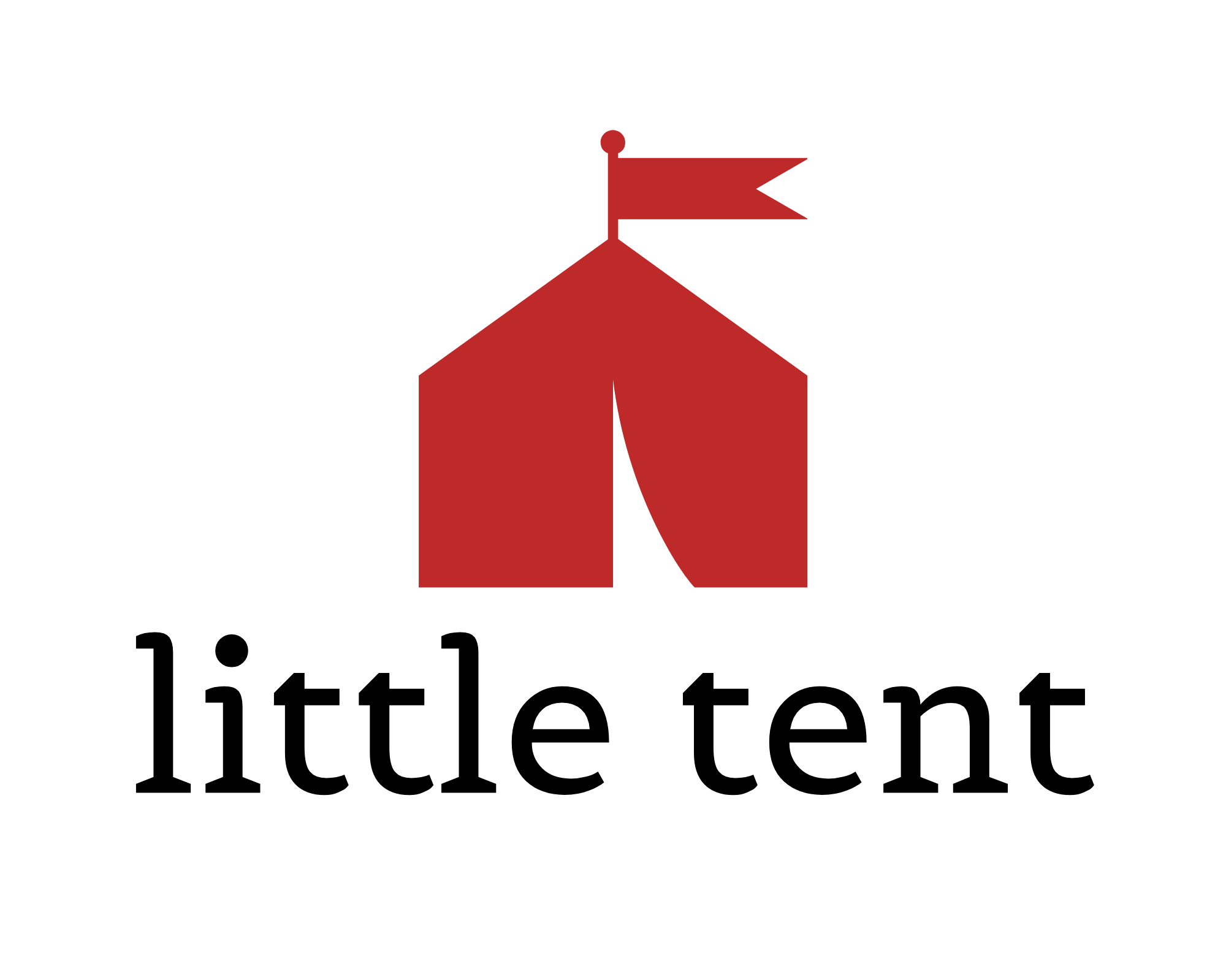If not HR, who?
I love writing. I enjoy the way it organises my thoughts. The way it allows me to think a thing through to a conclusion of kinds without interruption. But I haven't done much of it recently. Partly because of, you know, life. Partly because the last but one time I wrote a post - on what HR isn't - some charmer felt the need to respond with a comment along the lines of "I think the lady doth protest too much". Which I took to mean "Yeah, yeah, HR is whatever I say it is so stop pretending to be something you're not and take some notes in my disciplinary woman". Ironically I think he was trying to sell me his services. Not ironically, I think he had a point.
HR is what other people think it is. And lots of people think it's something akin to a note-taking, argument-refereeing, employment-tribunal-avoiding, counselling service. I sat in a seminar the other week, surrounded by senior HR types, with a panel discussion on how organisations with clear purpose can use that to unleash high performance. One of the senior HR types piped up with "it's all very well to focus on the carrot, but what about the stick?".
Later someone presented (I'm going to be honest, not all that coherently) on HR's mission to help people become "the best versions of themselves". A chap across the table from me leaned over with an everso slightly imperceptible smirk on his face and asked "Is it really HR's job to help people become the best version of themselves?".
My head hurt from the bashing the table was giving it.
But there's the problem. Lots of people in Human Resources still struggle with the 'human' bit. They are still talking about carrots and sticks, as if our job is Donkey Resources. Lots of people outside Human Resources see this and think that HR is here to write the rules, enforce the rules and mediate their petty arguments. They don't equate HR with releasing and amplifying potential - helping people be 'the best version of themselves'. Lots of HR people are fine with this.
This is why our industry can be confused, why we ever bang on about credibility and having a seat at the table and being taken seriously. We don't really all agree on what we're here for.
Which is crackers. Because no other function is better placed to really get a hold of the worlds of work and business and the worlds of people and humanity and find ways for each to help the other be the best version of itself. The answer I gave Mr imperceptible smirk at the time was; 'If not HR, who?'.
It was the shortest most direct answer I could give to a question that really needed a lot of unpacking.
What is it we're assuming about HR if we're even asking that question? That the only organisational function with 'human' in it's title shouldn't be dabbling in the business of people and humanity? What do you think HR's job is then? (cue endless, circular, naval-gazing ponderings).
What do we mean by 'best version of themselves'? By whose standards? Is it anyone's job to help people become the best versions of themselves?
There's lots of people out there selling the business of helping you be the best version of yourself. Shaun T, Shamans, anyone who's ever worked in advertising. It's a phrase that's loaded with judgement and pre-supposition. Like: there are other, crappier, versions of you that you might end up as if you don't do this thing I'm selling. The flipside of 'you can be better' is 'you aren't quite good enough as you are'. Is that the crowded bus that HR should be jumping onto?
It's fairly unlikely that the bloke from that seminar is reading this but in case he is, here's a little wave and my fuller answer:
I'm not sure I love 'being the best version of yourself' as a goal. I think it's a clumsy statement, for reasons given above. But, if we frame it as people and organisations better understanding the conditions that humans really need to thrive, and therefore what drives organisational performance, then hell yes it's HR's job. The clue is in the title pal. Human. Our function should be concerning itself with the human part of the organisation.
Organisations only exist because of human intelligence, endeavour and innovation. They fail because humans do human things, because business leaders often forget that their business is actually a collection of humans, and occasionally because business leaders themselves like to make out as if they aren't human too. We pretend otherwise at our peril. If Human Resources as a discipline isn't there to help deepen and enrich business leaders' knowledge of humanity and how we can shape businesses to make people even more brilliant (because that's what a brilliant business is - a hive of brilliant people) then we may as well just go home. Someone else can take the notes in the disciplinaries.
